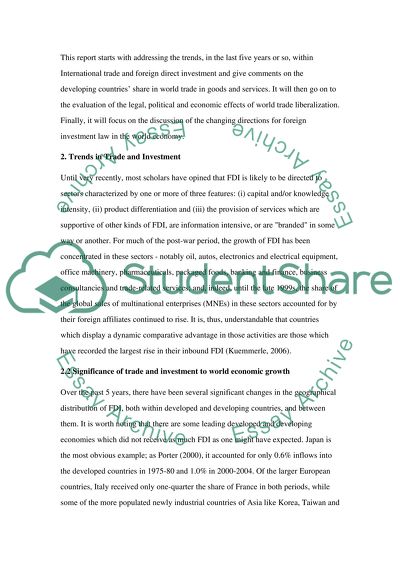Cite this document
(“Foreign investment law and international trade law Coursework”, n.d.)
Foreign investment law and international trade law Coursework. Retrieved from https://studentshare.org/miscellaneous/1518524-foreign-investment-law-and-international-trade-law-can-no-longer-be-separated-they-need-to-be-studied-and-applied-with-a-coordinated-or-even-integrated-perspective
Foreign investment law and international trade law Coursework. Retrieved from https://studentshare.org/miscellaneous/1518524-foreign-investment-law-and-international-trade-law-can-no-longer-be-separated-they-need-to-be-studied-and-applied-with-a-coordinated-or-even-integrated-perspective
(Foreign Investment Law and International Trade Law Coursework)
Foreign Investment Law and International Trade Law Coursework. https://studentshare.org/miscellaneous/1518524-foreign-investment-law-and-international-trade-law-can-no-longer-be-separated-they-need-to-be-studied-and-applied-with-a-coordinated-or-even-integrated-perspective.
Foreign Investment Law and International Trade Law Coursework. https://studentshare.org/miscellaneous/1518524-foreign-investment-law-and-international-trade-law-can-no-longer-be-separated-they-need-to-be-studied-and-applied-with-a-coordinated-or-even-integrated-perspective.
“Foreign Investment Law and International Trade Law Coursework”, n.d. https://studentshare.org/miscellaneous/1518524-foreign-investment-law-and-international-trade-law-can-no-longer-be-separated-they-need-to-be-studied-and-applied-with-a-coordinated-or-even-integrated-perspective.


